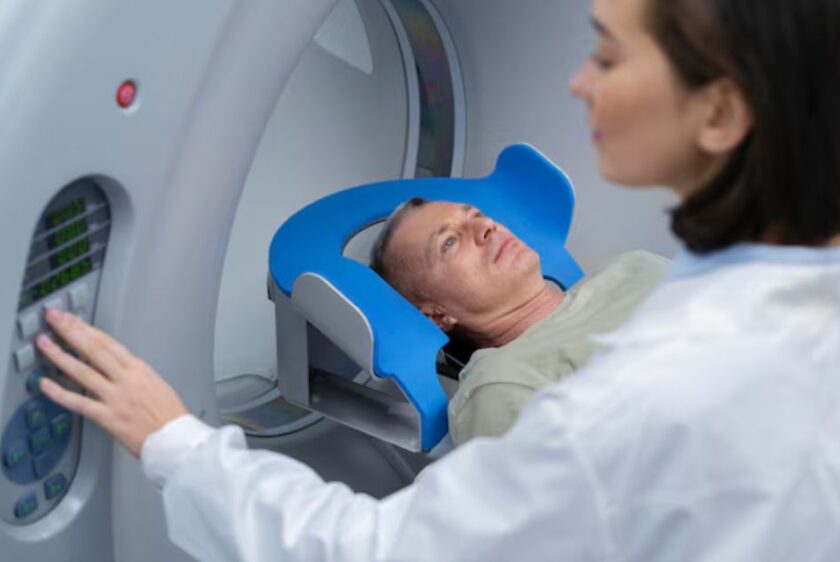Medical diagnostics have advanced in the modern era to provide more precise insights in addition to quicker outcomes. The CT scan in Indore, which creates cross-sectional pictures of the body by combining X-ray images collected from various angles, is one of the most important instruments in this change. It’s an accurate and painless method of looking at problems that conventional X-rays can’t see.
The Operation of a CT Scan
The purpose of a CT (Computerized Tomography) scan is to provide fine-grained interior pictures of blood arteries, soft tissues, organs, and bones. The device revolves around the patient, capturing many pictures that are then combined by a computer to provide a comprehensive view. Doctors are better able to plan treatments and identify diseases sooner because to these comprehensive graphics.
When Should I Get a CT Scan?
CT scans are utilized in many different specializations and are quite flexible. They provide invaluable assistance in the clinical decision-making process, whether it is for a planned examination or an urgent diagnosis.
Typical applications for CT scans consist of:
- Finding underlying wounds or bleeding following trauma
- Identifying cancers or infections
- directing biopsies or surgical operations
- Assessing bone fractures that cannot be seen on X-rays
- Keeping an eye on diseases like cancer and heart disease
CT scans are becoming an essential component of diagnostic care because of their many uses.
In summary, a CT scan in Indore is more than just a standard imaging procedure; it is an essential diagnostic tool that facilitates precise, prompt identification of health problems. Its speed and clarity aid medical teams in making well-informed decisions, which frequently result in improved patient outcomes. This system discreetly guarantees that treatment pathways are well-lit from the start, whether in emergency rooms or outpatient care. When it comes to investing in health, a CT scan is one of the finest instruments for getting a clear picture.








